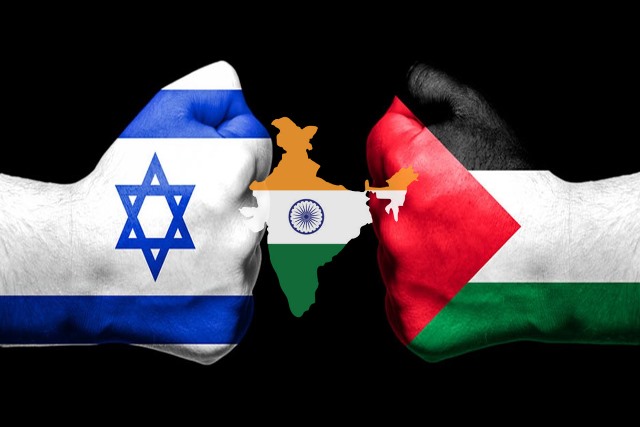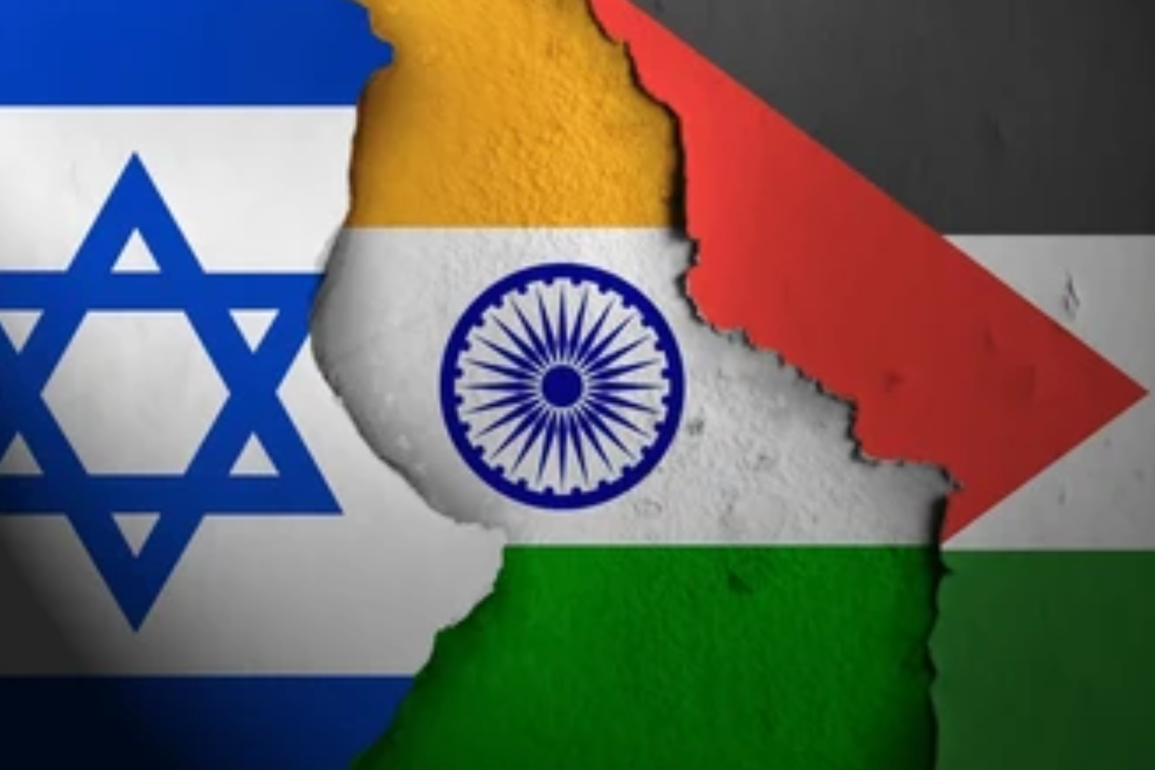India’s stance on the Israel-Palestine conflict has long been a subject of interest and evaluation, particularly in the context of the country’s diplomatic relationships with both nations. As a non-permanent member of the United Nations Security Council, India has been vocal about its commitment to upholding the principles of international law and promoting peace and stability in the region. In this article, we will go into India’s position on the conflict, exploring the complexities and nuances that have shaped its engagement with Israel and Palestine.
India’s Early Years of Diplomatic Relations with Israel
India’s relationship with Israel dates back to 1950, when the two countries established diplomatic ties. Initially, India maintained a distance from Israel, partly due to its strong ties with the Arab world and the Arab-Israeli conflict. However, in the 1990s, India began to slowly rebuild its relationship with Israel, driven by shared interests in areas such as technology, defense, and counter-terrorism. This rapprochement was marked by a series of high-level visits, including a historic meet between Indian Prime Minister Rajiv Gandhi and Israeli Prime Minister Yitzhak Shamir in 1986. Since then, India and Israel have strengthened their ties, with the establishment of bilateral trade agreements and defense cooperation.
India’s Position on the Palestinian Cause

India has historically been sympathetic to the Palestinian cause and has maintained diplomatic relations with the Palestinian National Authority. In 2015, India voted in favor of the UN General Assembly resolution that recognized Palestine as a non-member state. This decision was seen as a significant departure from India’s earlier neutrality on the issue, reflecting a growing recognition of the Palestinian people’s right to self-determination. Today, India remains committed to promoting a two-state solution, with the establishment of an independent and sovereign Palestinian state alongside Israel.
India’s Practical Diplomacy: Balancing Relations with Both Sides
While India has been vocal about its support for the Palestinian cause, its relationship with Israel remains robust. Practical diplomacy has been key to India’s approach, with both countries recognizing the need for continued cooperation in areas such as counter-terrorism, agriculture, and healthcare. In 2017, India and Israel signed a series of agreements worth $4 billion, covering collaboration in areas such as water management, renewable energy, and defense. This cooperation has been seen as a pragmatic step towards strengthening bilateral ties, while also demonstrating India’s ability to navigate the complexities of the Middle East.
India’s stance on the Israel-Palestine conflict is shaped by its historical ties with both nations, its diplomatic priorities, and its commitment to promoting peace and stability in the region. By balancing its engagement with both sides, India has demonstrated its ability to navigate complex diplomatic situations, while also upholding the principles of international law. As a key player in regional and global affairs, India’s approach will continue to be closely watched by scholars, policymakers, and diplomats alike. By examining India’s diplomatic journey, we can gain a deeper understanding of the intricate dynamics at play in the Middle East and the ways in which a nation may balance its relationships with conflicting parties.


